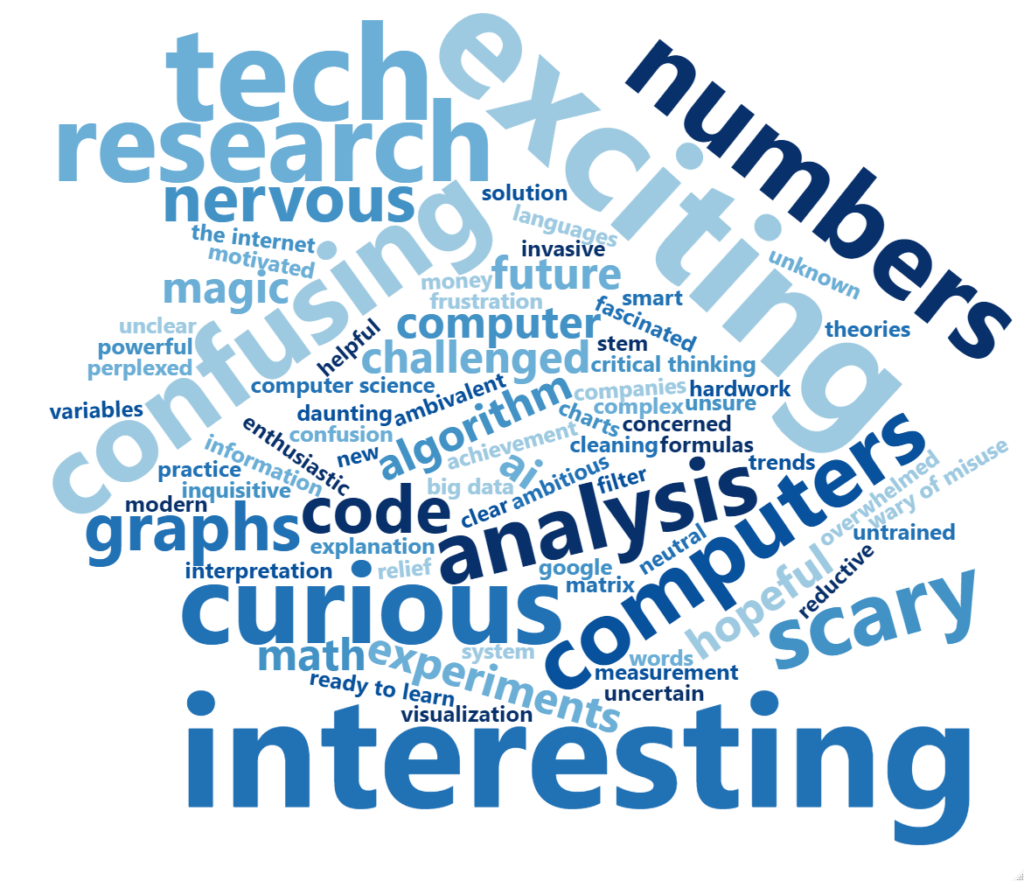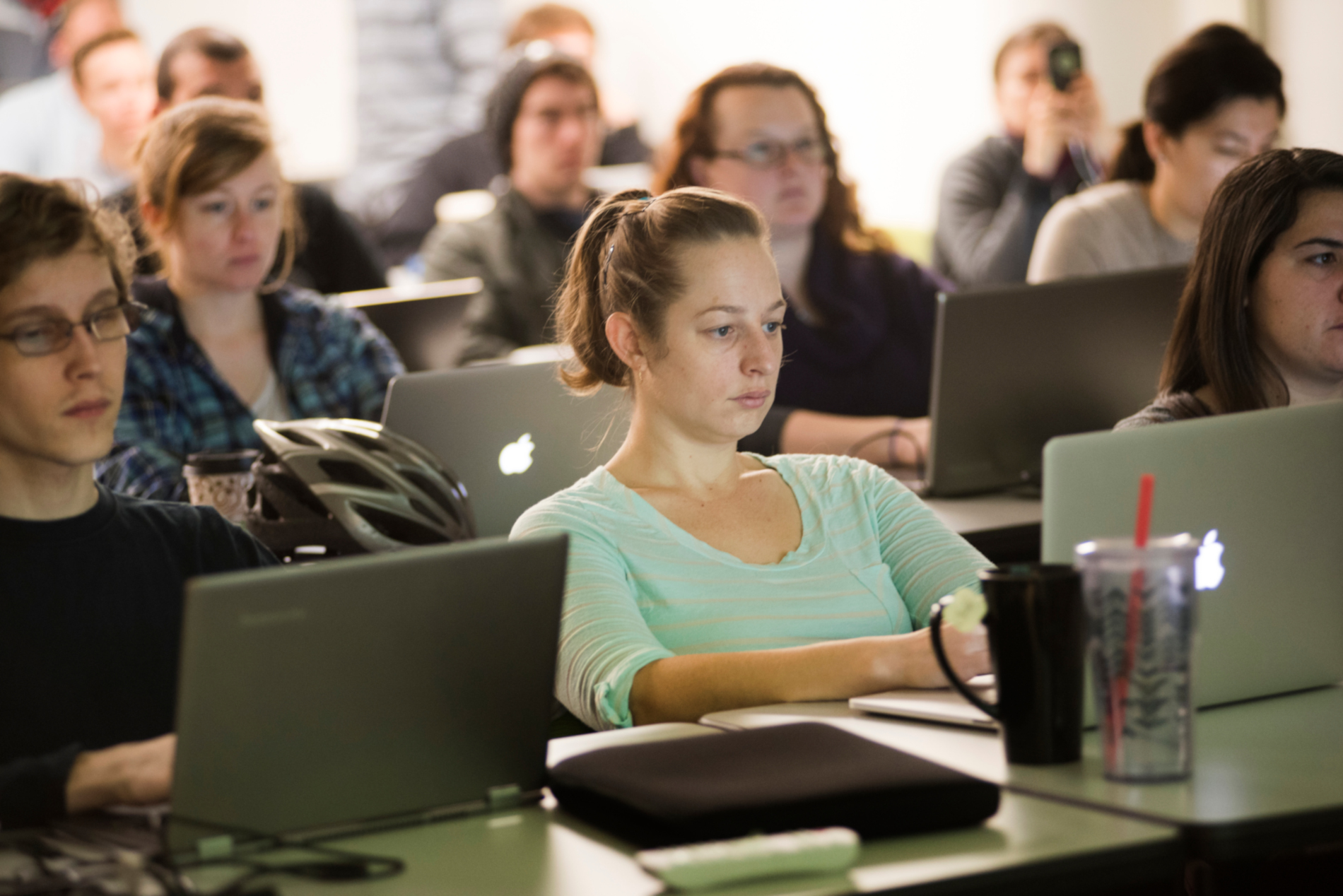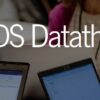
Today’s workforce is increasingly data-driven. From academia to industry, it is important to be comfortable and prepared to work with data, talk about computational pipelines, and explore insights from data. However, who has the opportunity to become data literate and to acquire computational skills is often not equitable. Hiring managers in industry, for example, want to recruit individuals who have a depth of knowledge in a domain such as social and life sciences, are good at identifying and asking the relevant hard questions, and make informed decisions. But they also need these prospective employees to be able to interface and work closely with their teams of data analysts, scientists, and architects. How can students, for whom advanced computer science and statistics are often outside their required coursework, build up the necessary skill sets to work with data and interface with data-enabled teams?
To meet this need, the UC Davis DataLab developed a two-quarter experiential education curriculum to expose non-majors to data science tools and computational thinking, and grow a more inclusive community of data science learners. In winter and spring of 2021, DataLab’s directors, Professor Carl Stahmer and Dr. Pamela Reynolds, taught a version of this curriculum as “IST8x: Adventures in Data Science” with support from DataLab’s data scientists and graduate students. During this course-based research exposure model, undergraduates were taken on a two-quarter learning adventure from having very little or no computational background to being fully integrated into technical teams working with DataLab’s staff data scientists on cutting edge research projects proposed by faculty from across UC Davis.
Specifically, the series aimed to:
- expose learners to principles for working with data;
- give them real opportunities to apply computational tools and thinking to tackle novel research questions;
- create low-stakes opportunities for learners to take risks, make mistakes, and network while gaining technical, professional development, communications, and management skills; and
- grow their confidence to help launch them into today’s data-intensive workforce.

In addition to learning about concepts, the course employed a distributed teaching model where multiple DataLab team members engaged in the instruction and mentorship. This provided students with the opportunity to learn from every member of the DataLab team, receive broader mentorship, and gain greater insight into how data scientists do our work. While the exact tools and techniques varied by research project, all students learned to write and document scripts to perform data gathering, cleaning, analysis, visualization and interpretation — key steps in the data science research pipeline.
This iteration of the course, supported in part by a generous alumni donation, specifically recruited students from the social sciences and humanities and, due to the pandemic, was held entirely remotely. Students hailed from a variety of majors including political science, sociology, psychology, managerial economics, nutrition, English, design, and undeclared social sciences, and ranged from first through fourth years, with most in their second or third year of undergraduate education.
Student surveys and feedback from the instructors and program administration unanimously found this intensive experiential learning opportunity to be a success, proving that this model can overcome barriers to engaging non-traditional learners in data science. Our goal wasn’t to turn social science students into data scientists, but rather to demystify data science and make it accessible. After the course a few students did indicate that they planned to change to a more computational major, while another indicated that this course reinforced that a job with a lot of coding isn’t for them “but now I’m not afraid to work with data and data scientists in the future.” And that type of revelation is exactly what this series was intended to facilitate.
Adventures in Data Science will be next offered in winter-spring 2022. In the future, DataLab hopes to be able to offer new tracks of Adventures in Data Science in addition to the social sciences, and plans to partner with additional minority-serving groups on campus to further diversify data science by making this opportunity available and accessible to new groups and underserved cohorts within the student population.
This post was written by Dr. Pamela Reynolds. Have an idea or suggestion for a new Adventures in Data Science track, or a domain research project you think could be a good candidate for student projects? Reach out to us at datalab@ucdavis.edu.





